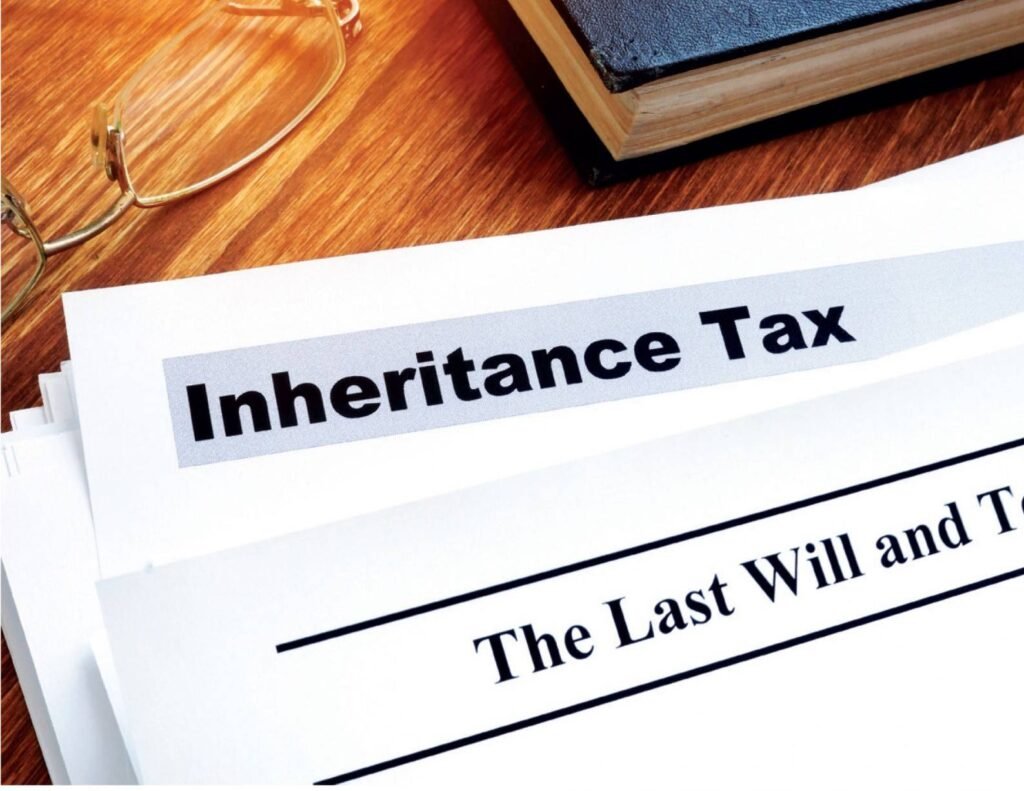The transfer of assets by individuals may trigger liability to personal income tax (IRS), particularly in the case of real estate. In such cases, taxation falls under Category G of the IRS (capital gains), pursuant to Article 10(1)(a) of the Portuguese Personal Income Tax Code.
But what happens when what is transferred is not the property itself, but rather an inheritance share — that is, the portion of an estate which has not yet been distributed?
What is an inheritance share?
Upon a person’s death, their estate is transferred to the respective heirs. Until partition occurs, the estate remains undivided, and each heir holds only an ideal share of the inheritance — the so-called inheritance share.
This legal position does not confer ownership or co-ownership of specific assets, but rather an abstract right over the estate as a whole. Only after the partition may the heir acquire ownership or co-ownership of specific assets that form part of the estate.
The Position of the Tax Authority
The Portuguese Tax and Customs Authority (Autoridade Tributária e Aduaneira – AT) holds the view that the sale of an inheritance share including real estate should be taxed as if it were the transfer of real rights over real estate, thus qualifying as capital gains under Article 10(1)(a) of the IRS Code.
This interpretation was expressly confirmed in a binding tax ruling, issued by order dated 12 May 2025, from the Head of Division of the DSIRS, by subdelegation, and is publicly available.
According to the AT, upon acceptance of the inheritance, the heir acquires a legal position akin to co-ownership of the real estate. Therefore, by transferring the inheritance share, the heir is also indirectly transferring their ideal share in the real property, which would justify taxation.
The binding ruling states:
“(…) since the taxpayer intends to proceed with the onerous transfer of her quota-share of the real estate included in the undivided inheritance, the gains derived from such operation are subject to taxation under Article 10 of the IRS Code.”
Prior Case Law Before the Unifying Judgment
This position taken by the AT was not, however, unanimously upheld in case law. Several rulings by the Supreme Administrative Court (Supremo Tribunal Administrativo – STA) — such as those in cases No. 01863/13, 0975/09, and 0450/14 — held that the inheritance share does not amount to ownership of specific assets, but merely to a quota of the right to the estate.
Accordingly, only after the partition would the heirs be regarded as owners of the specific assets included in the estate, and prior to that, there is no transfer of real rights over real estate.
.
The Position of the Courts: Unifying Judgment by the STA
Faced with conflicting judicial decisions, the Supreme Administrative Court issued a Unifying Judgment on 29 April 2025, which was published in the Diário da República, No. 107/2025, Series I, of 4 June 2025, and is binding on all administrative courts.
In this decision, the STA ruled that the sale of an inheritance share does not amount to the transfer of real estate, even if the estate is composed exclusively of immovable property. The transfer of the inheritance share merely constitutes the assignment of the heir’s overall position in the undivided estate, and not the transfer of real rights over specific assets.
Conclusion: Is There Tax or Not?
According to the interpretation established in the Unifying Judgment of the Supreme Administrative Court, no personal income tax (IRS) should apply to the proceeds obtained from the transfer of an inheritance share, while the estate remains undivided.
This interpretation contradicts the AT’s understanding and has practical significance for taxpayers seeking to transfer their position in an inheritance before partition.
Implications for the Tax Authority: Duty to Review General Guidance
Pursuant to Article 68-A of the General Tax Law (Lei Geral Tributária), the Portuguese Tax Authority is obliged to revise its general guidance whenever a unifying judgment is issued by the Supreme Administrative Court, as is the case here.


